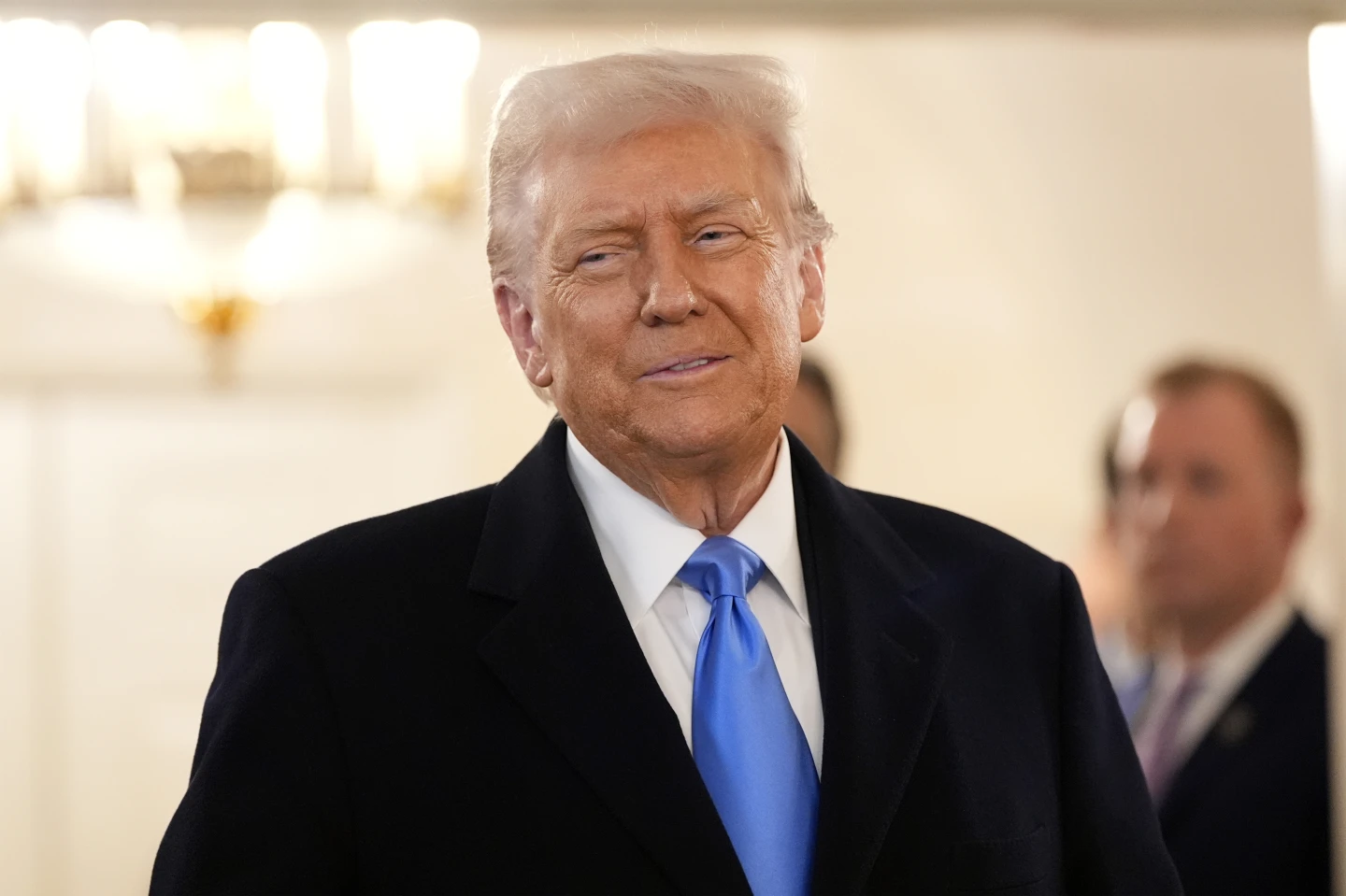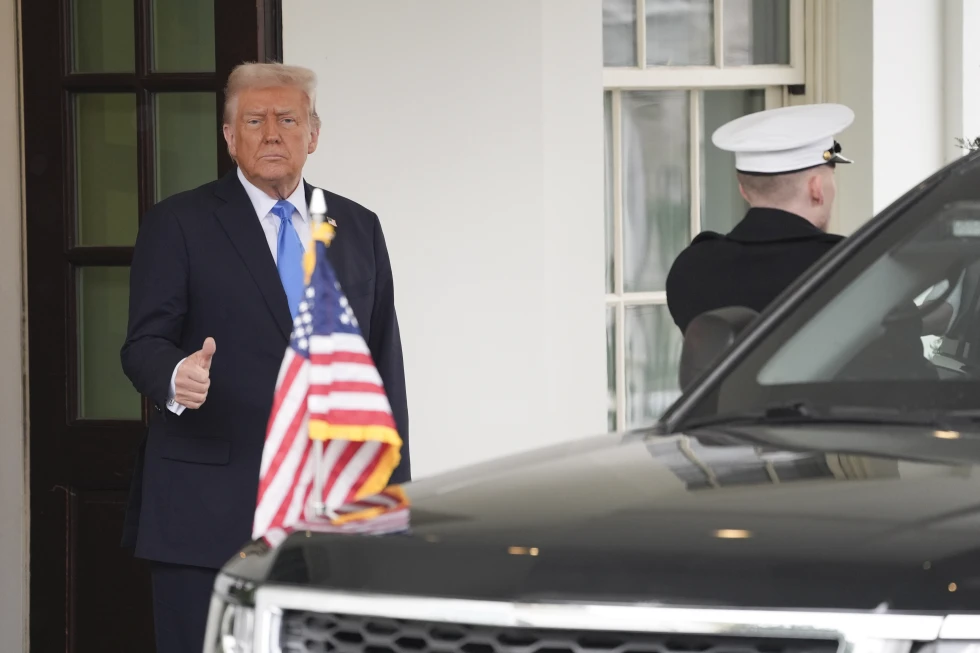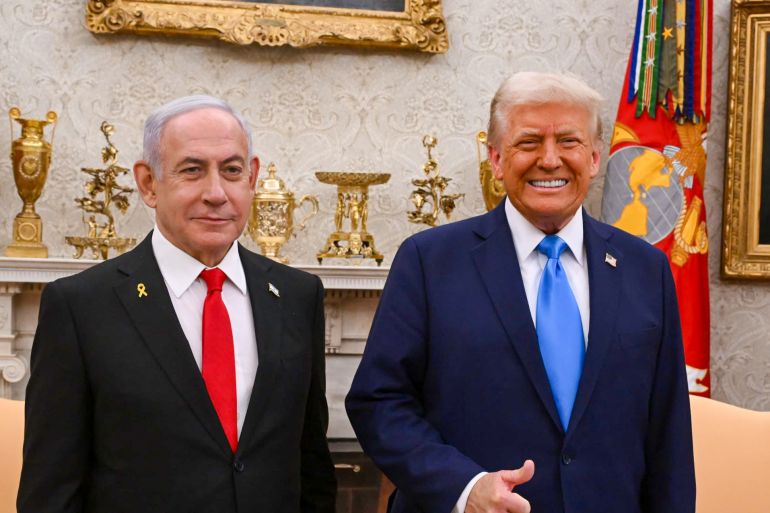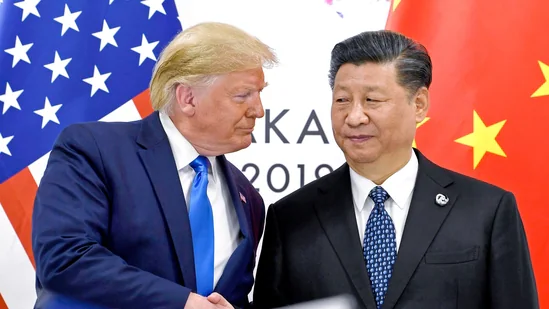China has announced retaliatory tariffs on a range of US goods, including coal, liquefied natural gas (LNG), crude oil, agricultural machinery, and vehicles, in response to the recent US imposition of a 10% tariff on Chinese products, Al Jazeera reports.
The new measures, announced by China’s Ministry of Finance on Tuesday, escalate trade tensions between the two global economic powerhouses.
The tariffs, set to take effect next Monday, will see a 15% levy placed on imports of coal and LNG from the United States, while crude oil, agricultural machinery, large-displacement vehicles, and pick-up trucks will face a 10% tariff.
In a statement, the Ministry of Finance condemned the US’s “unilateral tariff hike,” claiming it “seriously violates World Trade Organization rules, does nothing to resolve its own problems, and disrupts normal economic and trade cooperation between China and the United States.”
The announcement came shortly after former President Trump indicated he would hold a call with President Xi Jinping within the next 24 hours. Trump’s initial tariff threat against China was based on claims of insufficient efforts to halt the flow of undocumented migrants and drugs, particularly fentanyl, into the US. While he has since suspended similar tariff threats against Mexico and Canada in exchange for increased border security cooperation, the tariffs on China remain in place.
This latest round of tariffs underscores a resurgence of protectionist trade policies reminiscent of Trump’s first term, during which a two-year trade war with China saw tit-for-tat tariffs on hundreds of billions of dollars worth of goods. That conflict disrupted global supply chains and negatively impacted the global economy.
An agreement to end the previous trade war saw China pledge to increase spending on US goods by $200 billion annually by 2020. However, the COVID-19 pandemic derailed this plan, and China’s annual trade deficit with the US has since widened to $361 billion, according to recent Chinese customs data.
Trump has warned of further tariff increases on China if Beijing fails to curb the flow of fentanyl, a highly potent opioid, into the US. China has responded by arguing that fentanyl is primarily an American problem.
While China has vowed to challenge the latest US tariffs at the World Trade Organization and implement further countermeasures, it has also expressed a willingness to engage in dialogue.








